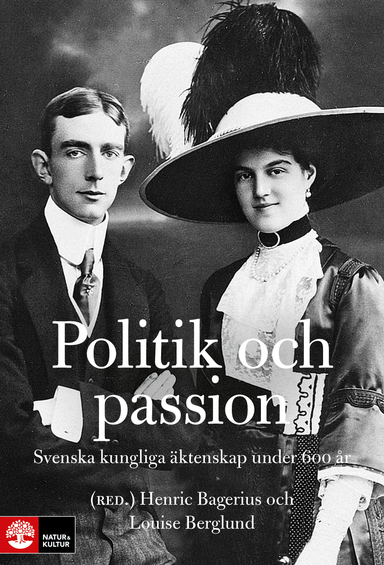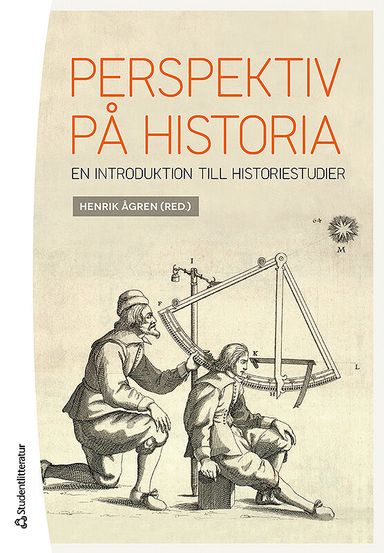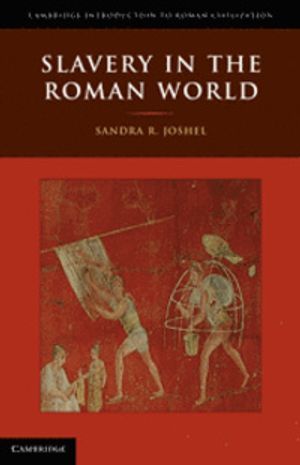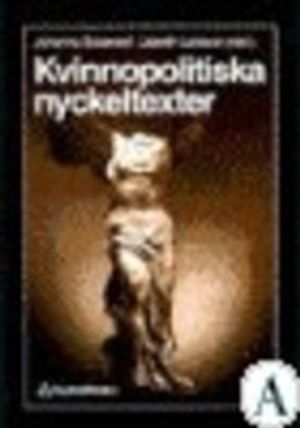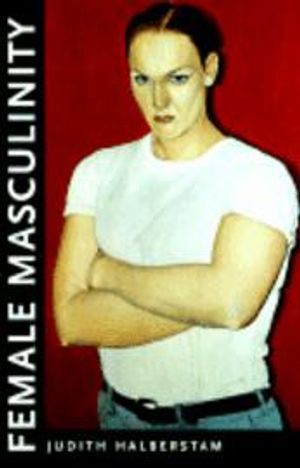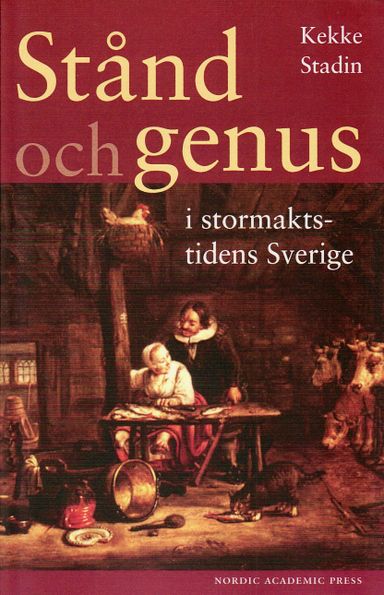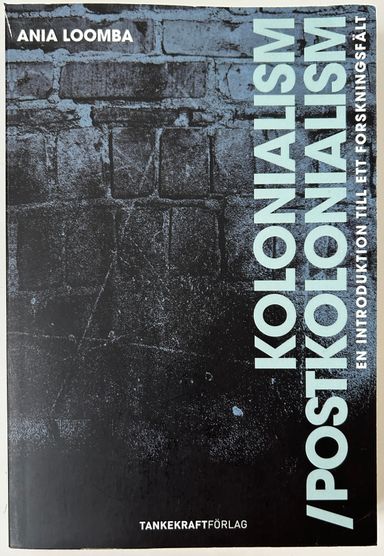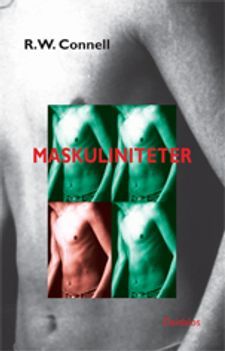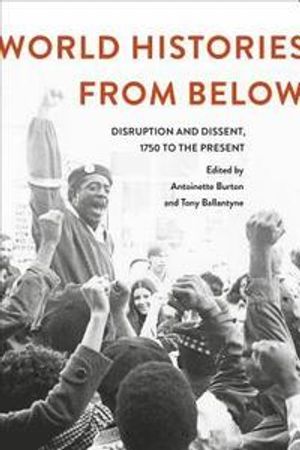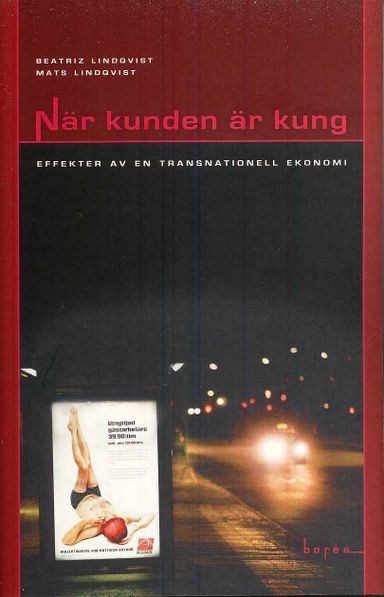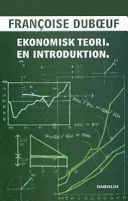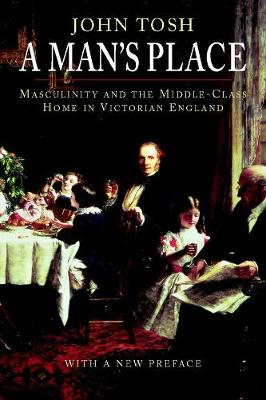

A Man's Place
- Utgiven: 2007
- ISBN: 9780300123623
- Sidor: 272 st
- Förlag: Yale University Press
- Format: Häftad
- Språk: Engelska
Om boken
Domesticity is generally treated as an aspect of women’s history. In this fascinating study of the nineteenth-century middle class, John Tosh shows how profoundly men’s lives were conditioned by the Victorian ideal and how they negotiated its many contradictions.
Tosh begins by looking at the experience of boyhood, married life, sex, and fatherhood in the early decades of the nineteenth century—illustrated by case studies representing a variety of backgrounds—and then contrasts this with the lives of the late Victorian generation. He finds that the first group of men placed a new value on the home as a reaction to the disorienting experience of urbanization and as a response to the teachings of Evangelical Christianity. Domesticity still proved problematic in practice, however, because most men were likely to be absent from home for most of the day, and the role of father began to acquire its modern indeterminacy. By the 1870s, men were becoming less enchanted with the pleasures of home. Once the rights of wives were extended by law and society, marriage seemed less attractive, and the bachelor world of clubland flourished as never before.
The Victorians declared that to be fully human and fully masculine, men must be active participants in domestic life. In exposing the contradictions in this ideal, they defined the climate for gender politics in the next century.
Åtkomstkoder och digitalt tilläggsmaterial garanteras inte med begagnade böcker
Mer om A Man's Place (2007)
I mars 2007 släpptes boken A Man's Place skriven av John Tosh. Den är skriven på engelska och består av 272 sidor. Förlaget bakom boken är Yale University Press.
Köp boken A Man's Place på Studentapan och spara uppåt 38% jämfört med lägsta nypris hos bokhandeln.
Referera till A Man's Place
Harvard
Tosh, J. (2007). A Man’s Place. Yale University Press.
Oxford
Tosh, John, A Man’s Place (Yale University Press, 2007).
APA
Tosh, J. (2007). A Man’s Place. Yale University Press.
Vancouver
Tosh J. A Man’s Place. Yale University Press; 2007.


